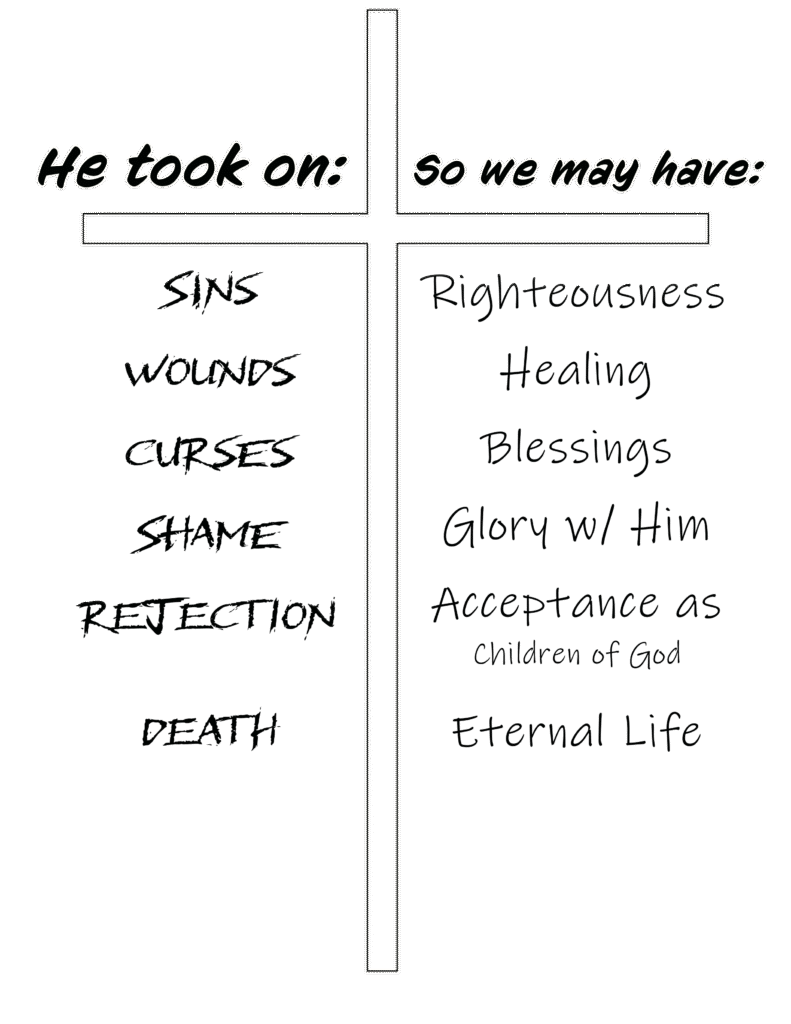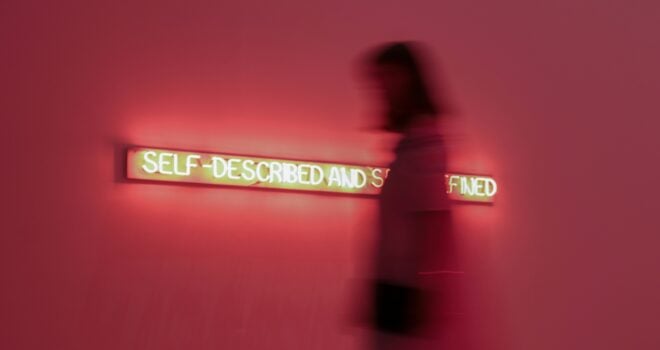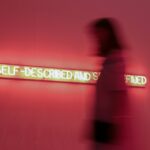In past articles, I’ve mentioned how the 1960s counterculture movement was a scourge on the Judeo-Christian world. In this post, I’ll bring to light the self-help “spirituality” of the 2000s, another psychological plague on our culture.
The first time that I ever got captivated by something “viral” on social media happened in 2006. A trusted friend sent me a link to the documentary The Secret. Like millions of people, I watched the entire film, and, lacking any discernment, I was intrigued by it. The Secret was subsequently released as a book by Rhonda Byrne and was an instant bestseller.
Like so many popular spiritual books during that period, it was about the power of positive thinking. I certainly won’t suggest that positive thinking has no healthy value, but when it replaces an authentic prayer life, it can easily blind you with hubris, self-righteousness, vainglory, or any monstrosity of pride.
I recall that the self-help craze of that decade lacked a Christian perspective. It felt more like the secular version of spirituality, in which God is not seen as a personal being and that the power of your life is your own consciousness. It would have behooved many book clubs at that time to heed the words of Scripture: “Whoever exalts himself will be humbled; but whoever humbles himself will be exalted” (Mt. 23:12). But I guess “. . . the time will come when they will not tolerate sound doctrine; but wanting to have their ears tickled, they will accumulate for themselves teachers in accordance with their own desires” (2 Tim. 4:3-4).
To spare us from sifting through stacks of platitudes, I had Grok summarize the core ideas of spiritual books that were highly popular during the 2000s:
| Book | Main Points |
| A New Earth: Awakening to Your Life’s Purpose by Eckhart Tolle | Transcend the ego, live in the present moment, and awaken to a collective consciousness. The book promotes a non-dualistic spirituality where the self merges with a universal “Being.” |
| Ask and It Is Given: Learning to Manifest Your Desires by Esther and Jerry Hicks | Individuals can manifest desires through positive emotions and alignment with “Source Energy.” (Ideas channeled through a non-physical entity called Abraham.) |
| Eat, Pray, Love by Elizabeth Gilbert | Gilbert’s memoir chronicles her spiritual journey through pleasure (Italy), devotion (India), and balance (Indonesia), blending personal exploration with Eastern spiritual practices like meditation and yoga. |
| The Celestine Prophecy by James Redfield | This novel presents nine “insights” about spiritual awakening, energy fields, and a new era of human consciousness, rooted in New Age concepts. |
| The Four Agreements by Don Miguel Ruiz | Presents four principles (be impeccable with your word, don’t take things personally, don’t make assumptions, do your best) based on Toltec wisdom. |
| The Law of Attraction by Esther and Jerry Hicks | Similar to Ask and It Is Given; this book teaches that thoughts shape reality through alignment with universal energy. (Ideas channeled through a non-physical entity called Abraham.) |
| The Passion Test by Janet Bray Attwood and Chris Attwood | Provides a process to identify and pursue personal passions, emphasizing self-discovery and living authentically. |
| The Power of Now by Eckhart Tolle | Living fully in the present moment to achieve spiritual enlightenment, emphasizing detachment from ego and time. |
| The Seat of the Soul by Gary Zukav | Explores soul evolution, karma, and authentic power, drawing from New Age and Eastern philosophies. |
| The Secret by Rhonda Byrne | Popularizes the Law of Attraction, teaching that positive thoughts attract desired outcomes. |
| The Untethered Soul by Michael A. Singer | Liberation through detaching from the ego and aligning with universal consciousness. |
With millions of copies sold and tens of thousands of glowing Amazon reviews, you would think that something legitimate validated the wisdom of the crowd. But in hindsight, we can deem this self-help movement as unhelpful for the mindset of the West.
It sure didn’t make the culture stronger or more enlightened for what was to come. Fast-forward to the present: All the “positive alignment” work evangelized by these authors didn’t stop the masses from latching onto social engineering movements that sabotage our stable cultural values (ironically, you could say that the social herd is becoming “negatively aligned” with the design of the universe); the teachings and tools in these books that supposedly promote soulful satisfaction and harmony didn’t help neutralize the spread of mental health illness; and we see that the spiritual beliefs in these bestsellers got adopted by the deceived occult community (as evidenced by the countless of social media posts promoting the use of divination, astrology, and witchcraft to “manifest” one’s desires or align with a “universal energy”).
Insidiously, much of the self-help convention became an exercise in rubbing the genie’s lamp. In this cultural context, the lamp is the ego (the conscious mind). But constantly stroking the ego only produces delusions of grandeur; it does not bestow world-breaking impact. The Secret was essentially a lesser prosperity gospel without the megachurch. Its message was: get your mind right, and you will get whatever you want. There was no motivation to “seek first the kingdom of God” or prioritize God’s will or acknowledge our Lord as the Author of Life. At best, books like The Secret were lengthy pep talks, but millions of people learning a “secret” did not produce a collective psyche that manifested a world of fulfillment.
A spiritual work that truly edified the West was, of course, the Gospel. It taught us a better alternative to pagan and secular ethos. Fallen humanity attempts to ascend to glory via the occult or through human power, but the real “secret” to ascension is Christ’s condescension.
Jesus came from the highest glory down to our human nature. He even condescended to the point of taking on the sins of mankind. That is grace and mercy that no human can fathom. But if you ponder His sacrifice for us long enough, you’ll begin to see that the writings of self-help gurus are silly by comparison. As stated in 1 Corinthians 1:18-20:
The message of the cross is foolishness to those who are perishing, but to us who are being saved it is the power of God. For it is written: “I will destroy the wisdom of the wise, and the learning of the learned I will set aside.” Where is the wise one? Where is the scribe? Where is the debater of this age? Has not God made the wisdom of the world foolish?
A great Pentecostal preacher summarized the redemptive work of Christ in a way that moved my soul, and I made an illustration of it so that my confirmation students could remember a way to preach the Gospel succinctly:

When you reflect on this cross,* I hope you ask, “Has not God made the wisdom of the world foolish?”
Photo by Enrico Da Prato on Unsplash
*Image provided by the author and references the verses: 2 Corinthians 5:21, Isaiah 53:4-5, Galatians 3:13-14, Hebrews 12:2, Ephesians 1:5-6, Hebrews 2:9.

















